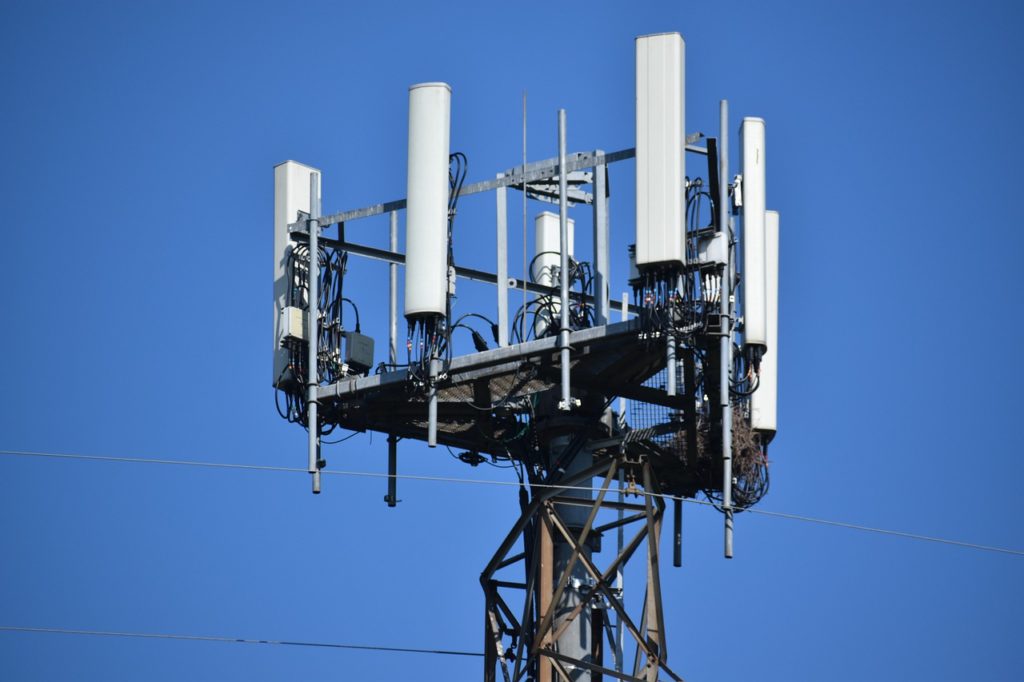The Walloon Government announced it is taking a new step towards the controlled deployment of 5G in Wallonia following the re-assessment of the region's radiation standard.
Last October, Wallonia commissioned a group of independent experts to assess the need to modify the Walloon radiation standard. It is now looking to deploy 5G, a broadband cellular network up to 100 times faster than 4G, while "respecting the precautionary principle and public health and limiting the environmental impact."
"The supervised deployment of 5G is a structural reform that will enable Wallonia to equip itself with the most modern and most efficient technologies," Walloon Minister-President Elio Di Rupo said in a statement.
This announcement comes in light of the group of experts submitting their conclusions, where they recommended revising the Walloon radiation standard and introducing a limit similar to the one in the Flemish Region, namely of 9.2 Volt/metre - at 900 MHz - per operator as well as a cumulative limit of 18.4 V/m.
"By way of comparison, this limit corresponds to one-twentieth of the limit recommended and applied in the vast majority of European countries. The level of environmental and health protection would therefore remain very high but would still allow the development of 5G," a statement read.
Related News
- Fourth mobile operator buys 5G licences for Belgian market
- Orange to phase out 2G and 3G networks in Belgium by 2030
These recommendations have been taken into account by the government, which will also take "various compensatory measures that frame and limit the environmental impacts,". These measures include the monitoring of exposure levels near transmitting antennas, setting up an information system for the public and carrying out continuous monitoring of exposure levels.
5G deployment deemed appropriate
The European Commission previously stated that regions should remove regulatory obstacles that prevent the deployment of 5G by assessing whether antenna emission standards and the regulatory framework needed to be reviewed by the end of the third quarter of 2022 at the latest.
The deployment of 5G on Wallonia's territory was included in its Regional Policy Declaration, with the region having commissioned a group of experts to evaluate the socio-economic, health and environmental criteria for this.
In July last year, it ruled that the deployment of 5G is "socio-economically appropriate," but did draw attention to its possible impacts on health, the environment and the climate.
This is why the government has decided to exclude the use of high-frequency millimetre waves for the development of 5G, which greatly increases wireless capacity and speeds for future networks, but for which there is still insufficient scientific evidence on their effects on people's health.
"We are delighted that the standard set in Wallonia is among the most protective in the world, both for the health and the environment of the Walloon people," Minister of Energy, Philippe Henry, said.
The deployment of 5G in the region is expected to make it possible to develop "numerous applications beneficial to innovation and the competitiveness of many socio-economic sectors in its territory, from mobility, health and security to the media, leisure and education.

